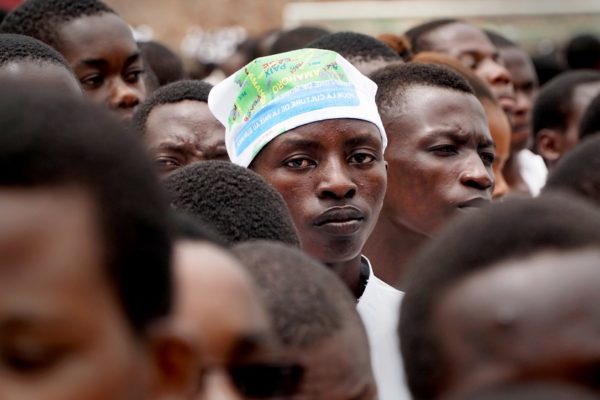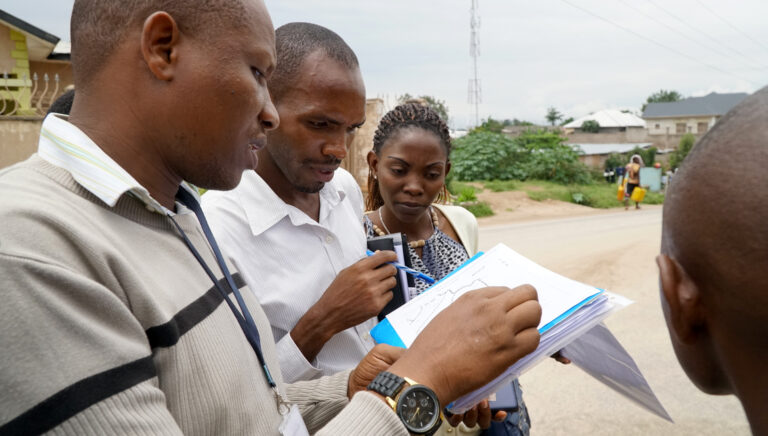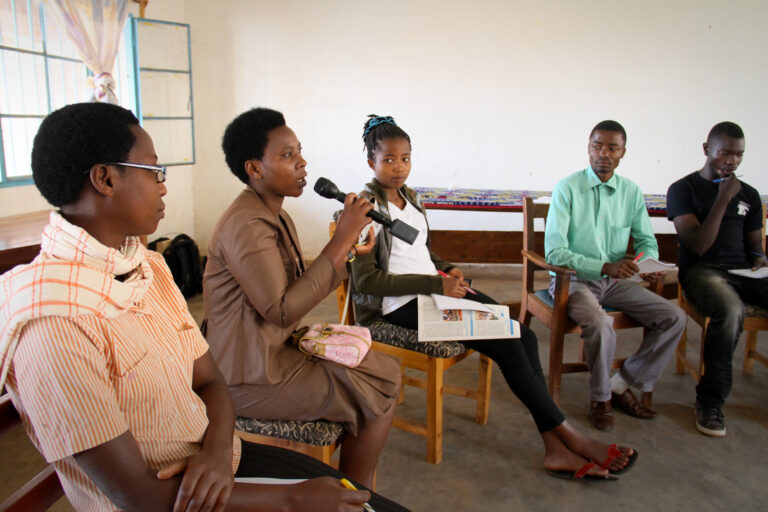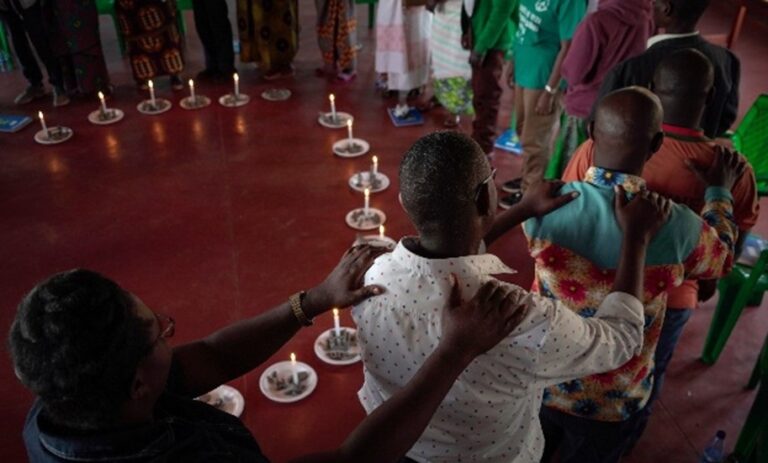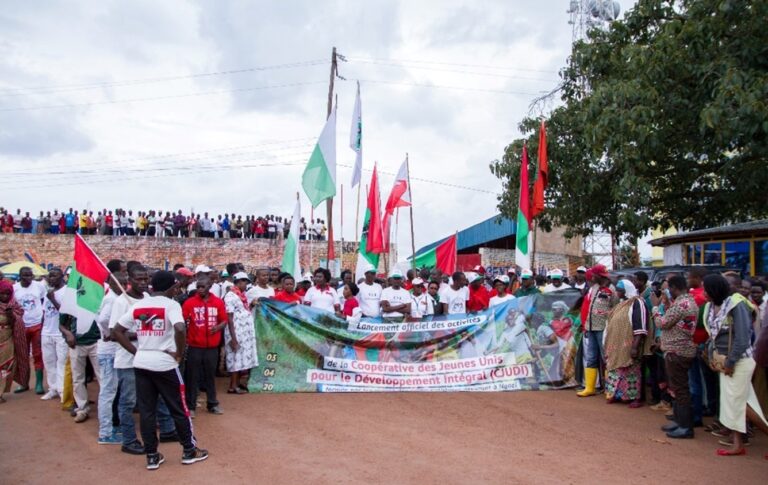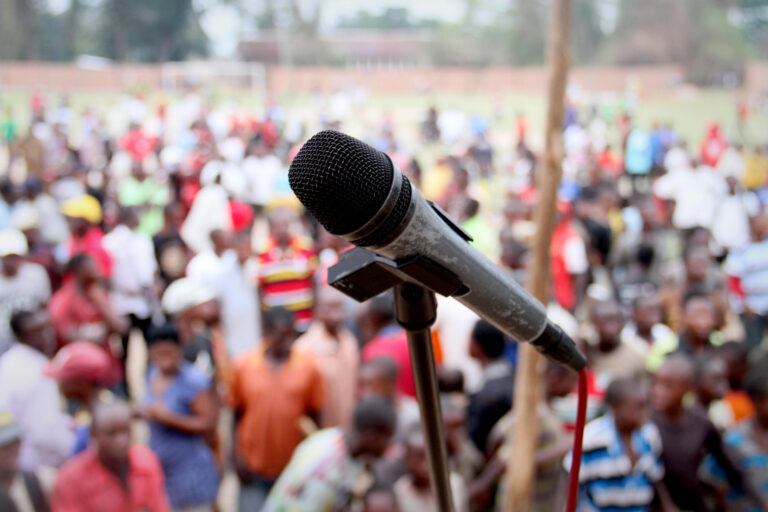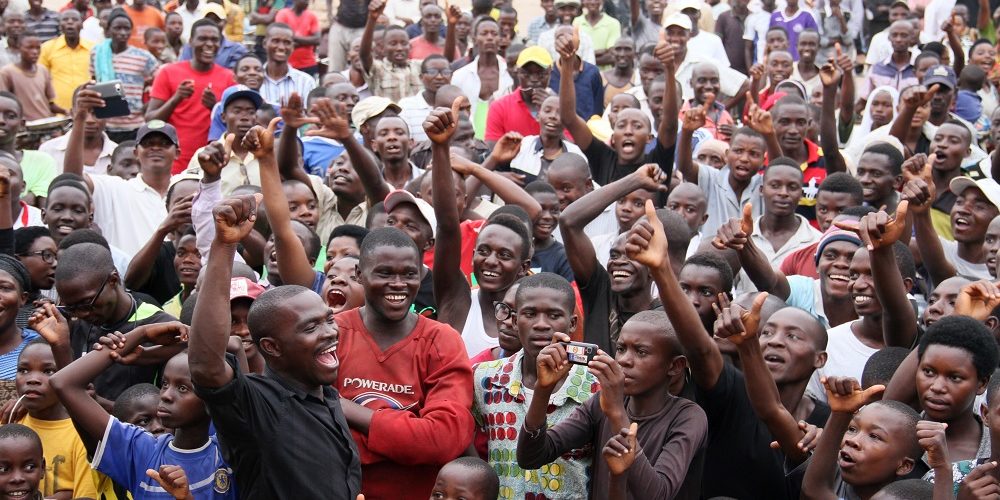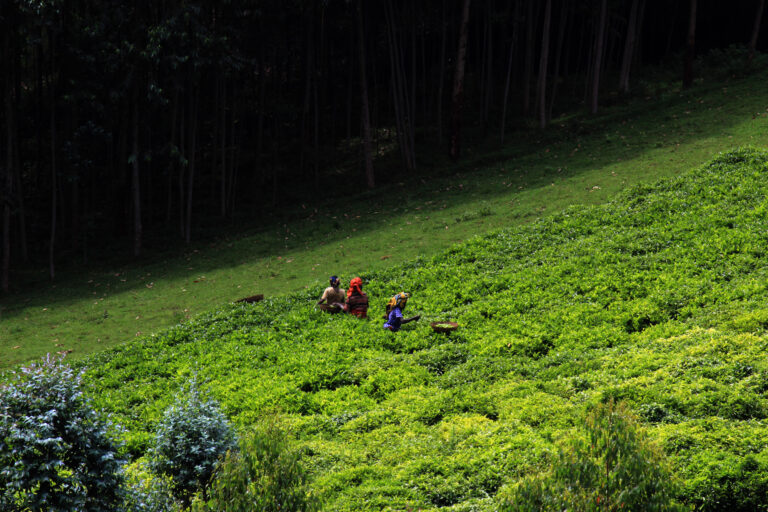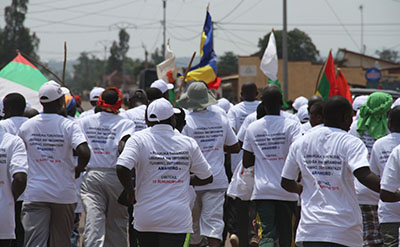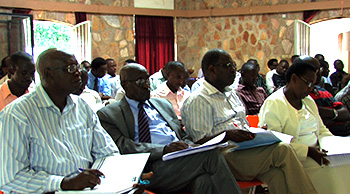Since gaining independence in 1962, the Burundian people have suffered various cycles of violence, characterized by the targeted massacre of civilians along ethnic lines. In 1993, revenge killings between the Hutu and Tutsi communities culminated in a civil war that lasted over a decade. Prospects for lasting peace rose with the Arusha Peace Accords (August 2020), which ended the civil war in 2005 and led to democratic elections. Sustained negotiations saw the last rebel group sign the Peace Accord in 2008. Subsequent elections in 2010 and 2015 were held in a dramatic atmosphere that included an attempted coup and demonstrations by the opposition.
However, the general elections held in May 2020 represented for many a new beginning for the Burundian political environment. Before his sudden death in June 2020, the outgoing President Nkurunziza decided to step down and did not present his candidature for a fourth mandate; the elections, although held in absence of international observers, were considered by international partners peaceful “enough”; the election of president Evariste Ndayishimiye, candidate of the Conseil National Pour la Défense de la Démocratie–Forces pour la Défense de la Démocratie (CNDD–FDD), was welcomed by international partners and the president’s initial public speeches focusing on his vision of a new Burundi, were considered a good first step towards turning the page of violence and instability. The work of the CVR also highlights the desire to strengthen transitional justice instruments and conduct a profound community work aiming at dealing with the past and supporting the Burundians in quest for a coherent and unified analysis of Burundian history.
Gender inequalities at socio-cultural and institutional levels remain a reality and little opportunities are left for women and young people to play an active role as actors of peace. Although some steps forward have been taken at institutional level with the establishment of quotas at the level of the national assembly and at local level, the political space remains under male control, with political debates dominated by issues imposed by men. This leaves very little space to women not only to play a public political role but also to make sure that specific issues, relevant for women, are taken up in the public debates. Despite all, there is room for dialogue and engaging the government to take part in fostering gender equality and improved inclusion of women and youth in local and national decision-making processes.
